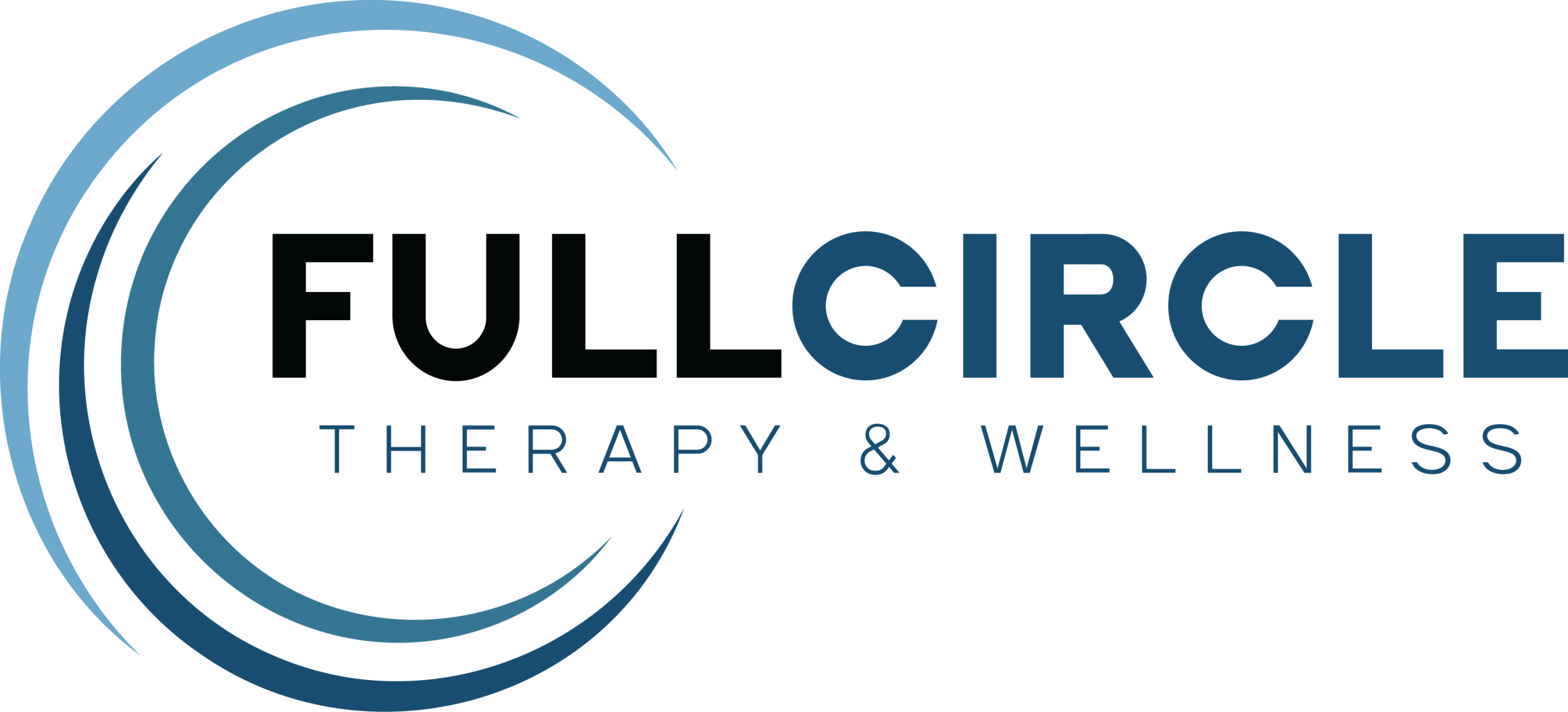Cancer Rehabilitation is a specialized program of care that aims to help people with cancer prevent, manage, and recover from the physical, cognitive, and emotional side effects of cancer and its treatments. It will aid in optimizing quality of life and function at any stage of the cancer journey – before, during, and after treatment, and even into palliative care.
Cancer and its treatments (surgery, chemotherapy, radiation, hormone therapy, immunotherapy) can have a wide range of debilitating effects. Cancer rehabilitation provides a holistic and individualized approach to manage and reduce those side efects:
Fatigue: This is one of the most common and distressing side effects. Rehab helps develop strategies to manage fatigue, including energy conservation techniques and tailored exercise programs.
Pain: Cancer itself or treatments can cause chronic pain. Rehabilitation offers various pain management techniques, including exercise, manual therapy, and education.
Weakness and Muscle Loss (Cachexia): Treatment can lead to significant muscle wasting and weakness.Physical therapy focuses on strength training, endurance, and restoring physical capacity.
Lymphedema: Swelling, often in the arms or legs, due to damage to the lymphatic system. Lymphedema therapists use specialized massage, compression, and exercises to manage this condition.
Peripheral Neuropathy: Numbness, tingling, or pain in the hands and feet caused by nerve damage from chemotherapy. Rehab helps with symptom management, balance, and improving fine motor skills.
“Chemo Brain” / Cognitive Impairment: Difficulties with memory, concentration, and multitasking. Physical and Occupational therapists can provide strategies and exercises to improve cognitive function.
Mobility and Balance Issues: Surgery or radiation can affect joint range of motion, balance, and walking. Physical therapy helps restore mobility and reduce fall risk.
Helps patients regain the ability to perform daily activities (ADLs) like bathing, dressing, eating, and cooking.
Enables a faster return to work, hobbies, and social activities.
Improves overall physical fitness, endurance, and quality of life.
Enhances Emotional Well-being: By helping patients regain control over their bodies and lives, it can significantly boost confidence and self-esteem.
Optimizes Treatment Outcomes (Prehabilitation):
Reduces Hospitalizations and Complications: By proactively addressing potential issues and strengthening the body, rehabilitation can help prevent complications, reduce the need for emergency room visits, and shorten hospital stays.
Promotes Long-Term Health and Survivorship: Encourages healthy lifestyle habits, including regular exercise and nutrition, which are crucial for long-term well-being and may even reduce the risk of cancer recurrence in some cases.
For more information or to schedule your session:

